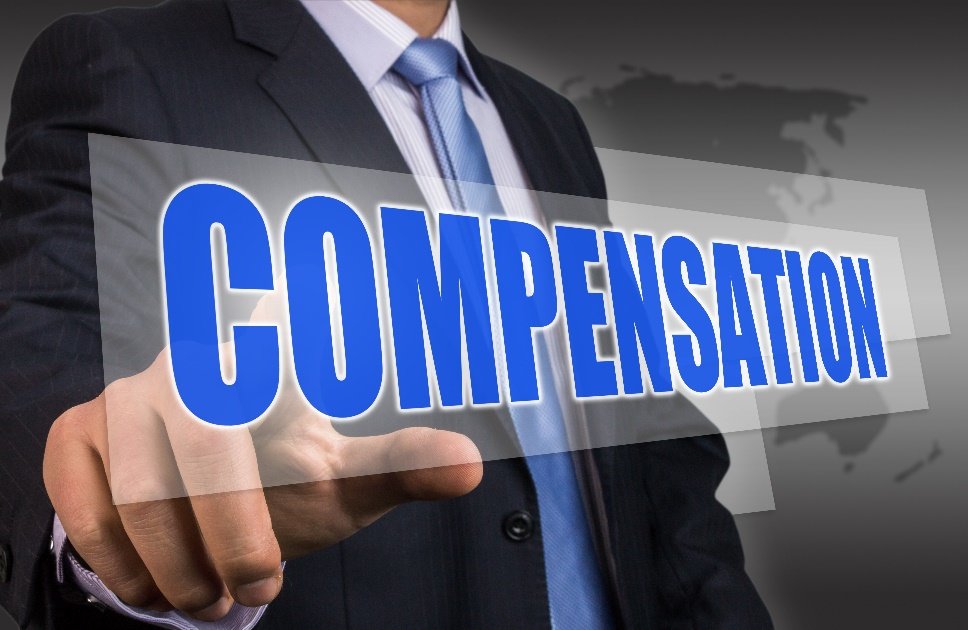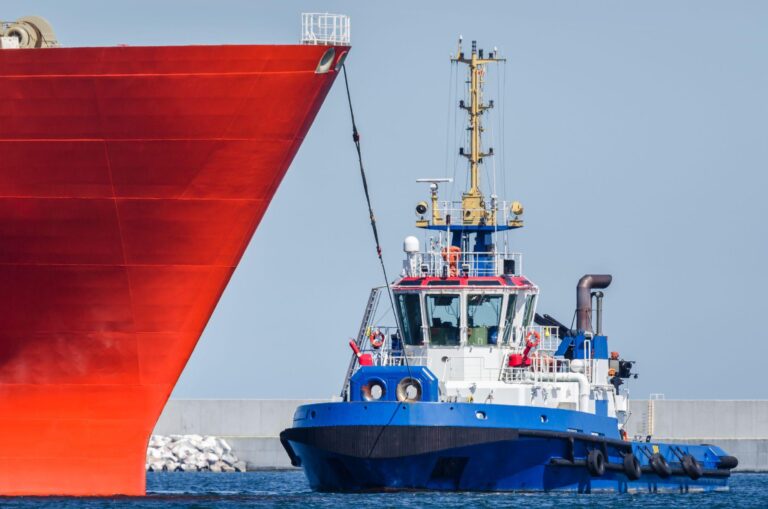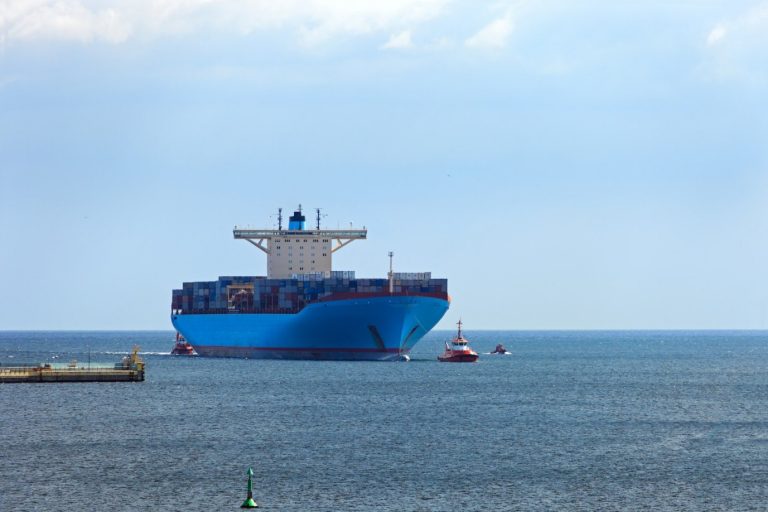The Longshore and Harbor Workers’ Compensation Act, or LHWCA, provides compensation to a select group of maritime workers in the event of disability, illness, injury or death if it happens on the job in applicable locations. LHWCA compensation may cover full or partial medical costs, living expenses and the costs associated with rehabilitation and occupational retraining. This compensation is referred to as the costs of maintenance and cure.
While LHWCA compensation is encompassing and beneficial to those needing to use it, the terms and stipulations are somewhat lengthy. If you’ve received an injury, contracted a disease or have been otherwise compromised while performing your regular maritime work duties, and you need to file a claim, contact an experienced longshoremen injury attorney to help guide you through the process.
Your longshoremen attorney will know whether you’re covered under the LHWCA, what type of benefits to which you’re entitled, and how to go about starting your claim. He or she will also partner with you throughout the process to give you a better understanding of what to expect.
What Is the Longshore and Harbor Workers’ Compensation Act?
The LHWCA was drafted in 1927 to help protect workers who sailed in navigational waters. Criteria was more specific when the Act was first introduced. It has since been expanded to include a wider range of workers such as those who work on-shore in harbors and on docks, performing maintenance, construction and other maritime duties. Most maritime employers are required by federal law to offer insurance to workers under the LHWCA. Compensation is managed by the U.S. Department of Labor through the Office of Workers’ Compensation.
If you’re a worker who is injured or becomes ill as a result of performing your job duties in a maritime setting, you may be eligible to collect monetary benefits via the LHWCA, toward disability, maintenance and cure until you’re healed and able to return to your previous job, or, in the event of a permanent disability, until you’re trained and able to work a new job somewhere else. In the event of your death from your work-related injury or illness, LHWCA may be able to pay benefits to your dependent family members.
Who Is Covered Under the LHWCA?
The Longshore and Harbor Workers’ Compensation Act covers maritime workers who fit certain criteria:
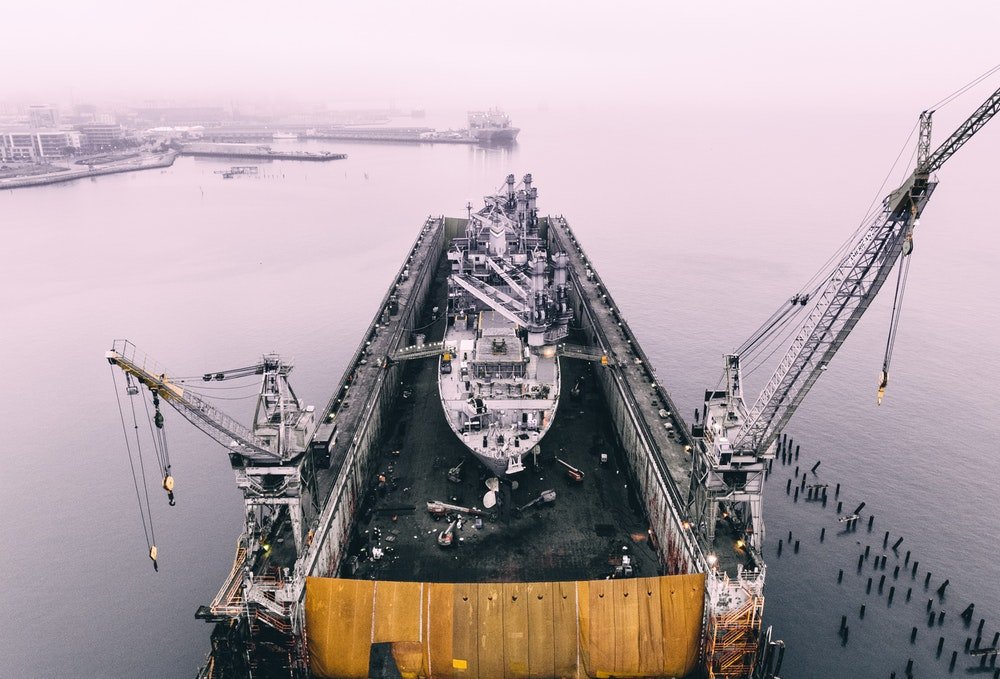
- They perform such work as loading or off-loading ships in a port or harbor as well as building or deconstructing boats, docks or other harbor constructions. The Act also covers certain workers employed by private contractors in the defense base industry and those engaged in scientific exploration of the Outer Continental Shelf Lands, such as workers employed on oil rigs.
- Covered employees must have received their injury in the navigable waters of the United States or in or on their adjoining ports, harbors, wharves, etc. Navigable Waters of the United States is defined as any water subject to tidal control and that’s used for interstate or international commerce.
- Employees who fit these two categories must have received an injury or contracted a debilitating illness while performing their required job functions.
How Is the LHWCA Different from the Jones Act?
The Jones Act is more encompassing, including such maritime workers as the captain and crew of cruise ships, fishing boats, crabbing boats and more. An employee can receive compensation based upon either the Jones Act or the LHWCA, whichever more adequately covers their particular occupation, but never both.
Define “Compensation”
Compensation is the money you require to either be cured or to return to life with a disability. In the event of death, it’s a stipend paid to your family to help alleviate the monetary cost of your loss of earnings. Your personal injury attorney can help you decide which benefits you’re entitled to receive. These may include:
- Full or partial medical expenses
- The costs associated with rehabilitation, such as learning how to live with an amputation or hearing loss
- Compensation to cover lost wages while you’re in recovery
- Compensation to cover the costs of training you to perform a different job should your injury prevent you from returning to your previous one
- A scheduled monetary reward for the loss of use of certain body parts
- A disfigurement and death benefit
Basically, the Act helps protect you and your loved ones if you should receive a traumatic or life-altering injury while on the job.
What Types of Injuries Are Covered?
In this instance, injury refers to any type of way you could be hurt while performing your regular maritime duties, including:
- Occupational Disease: An occupational disease is defined as one that is caused by exposure to harmful substances or chemicals. Mesothelioma is an occupational disease that many workers have contracted due to exposure to asbestos. Other occupational diseases include breathing disorders such as COPD or asthma, autoimmune diseases such as Graves’ Disease, and various skin disorders. All may be caused by exposure to workplace toxins, and all may make it difficult to return to work in your normal capacity.
- Loss of Vision or Hearing: Exposure to loud noises or intense light can contribute to loss of vision or hearing in some people.
- Injuries received during the performance of regular maritime duties, such as electrical shocks, burns, falls, contact with equipment, hypothermia, hyperthermia, head injury, drowning, broken bones or amputation.
How Do I File a Claim?
There are rules you must follow to file a claim under the Longshore and Harbor Workers’ Compensation Act:
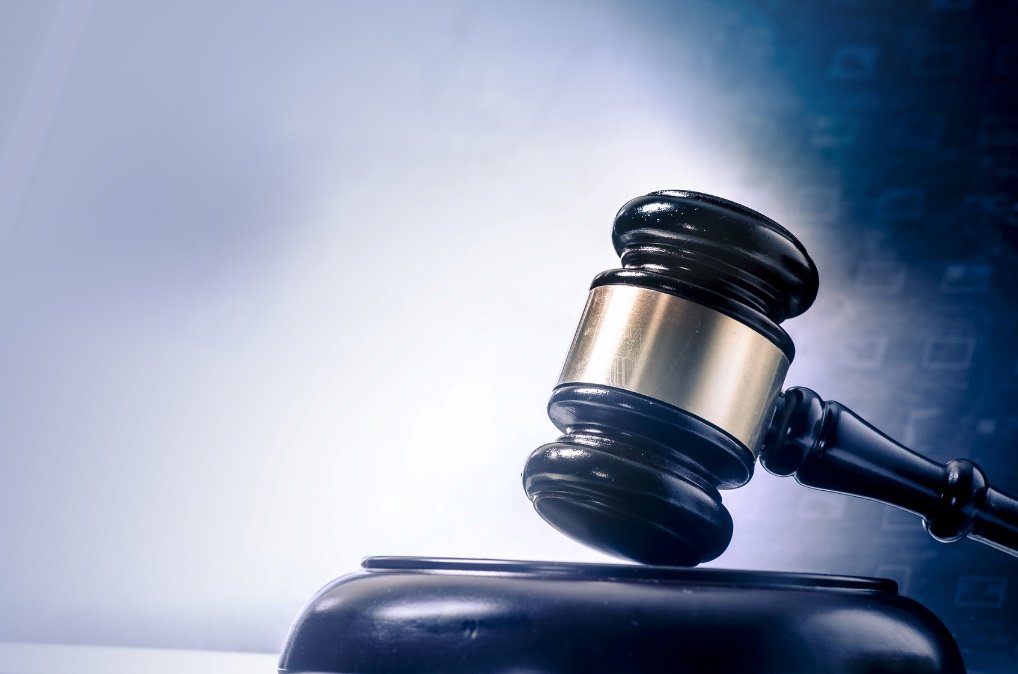
- You must notify your employer of your injury within 30 days of receiving it.
- You have one year to file a formal claim.
If you need to file a claim for compensation under the LHWCA, your first step is to narrow down your choices of longshoremen attorneys. At Schechter, Shaffer and Harris, we have a long, successful history of working to resolve cases involving maritime injury. You may need something so simple as a phone call to your employer from a member of our knowledgeable staff for payments to commence. Then again, you may need actual representation in court. Regardless, we’re there for you. Call us today at 1-800-836-5830 to schedule an initial consultation. We’ll help you determine whether you have a valid claim, and then we’ll help you file for and collect compensation.
A case involving compensation for maritime injuries can be complicated. That’s why you need the services of professionals on your side to help you collect the funds to which you’re entitled.
How Long Does It Take for Payments to Begin?
The good news is that payments can begin in as little as 14 days after you notify your employer of your injury. This typically happens when the employer chooses not to dispute the legitimacy of the claim. Having a good maritime injury lawyer on your side can help set the wheels in motion so you can claim benefits faster.
Often, however, collecting on a maritime injury claim may take longer. If your employer controverts your claim by saying he had no knowledge of your injury, for instance, or if it’s not immediately clear whether your injury meets the requirements needed, your payments could be delayed until a ruling is made.
What’s My Role in Justifying My Claim?
If you notified your employer of your injury within the allotted time and filed your claim before the deadline, you’ve fulfilled your role in activating your claim. You may be required to tell your story again and to give the names of possible witnesses who can help substantiate your recollection, but that’s where your responsibility ends and your attorney’s responsibilities begin. We’ll make sure your employer abides by federal law in determining whether you receive benefits and how much your payout will be. The Longshore and Harbor Workers’ Act is very clear regarding who does and who does not qualify for compensation. If you meet the criteria, we’ll help you procure the money you need to pay your medical and injury-related expenses. And, in the event of your injury-related death or illness, we’ll see that your family receives benefits as well.
All longshoremen lawyers are not created equal. Claims to collect compensation from the LHWCA are very specific, and they require the services of experienced attorneys to navigate them efficiently so your payments are not delayed. You can trust the law offices of Schechter, Shaffer and Harris to collect the facts needed and to get the wheels rolling on your personal injury claim. We understand how devastating a workplace injury can be, how impactful it can be on the families of those injured. You need fair and just compensation, and you need it in a timely fashion. That’s what we’ll do for you. Call us today at 1 (800) 836-5830 to discuss your options.

